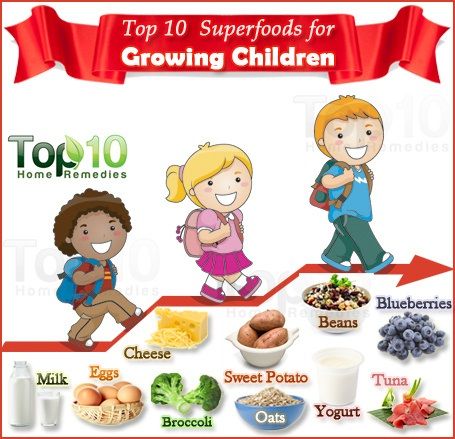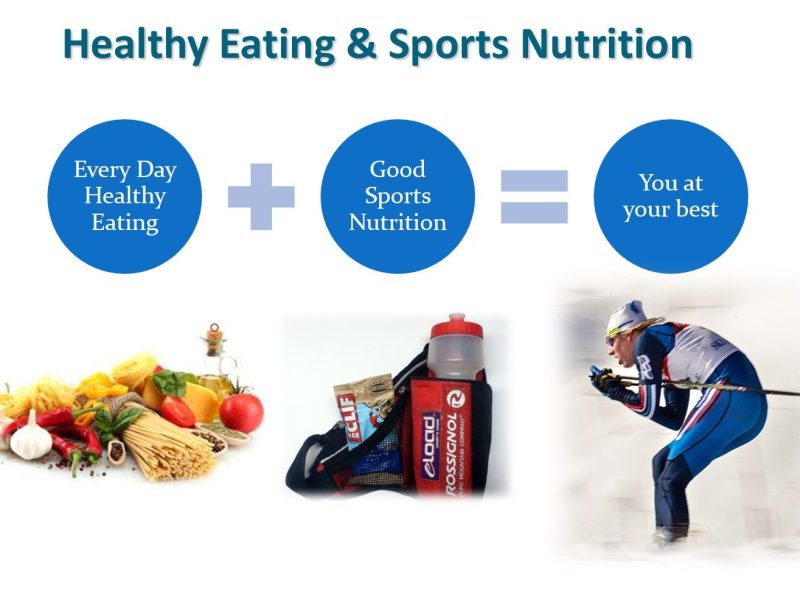Proper nutrition is crucial for the healthy growth and development of children. As kids grow, their nutritional needs change, requiring specific nutrients to support their physical and cognitive development. This article will discuss the important nutrients that growing kids should include in their diet to ensure optimal health and well-being.
Protein
Protein is essential for the growth and repair of tissues, muscles, and organs in the body. It is particularly important for children who are going through rapid growth spurts. Good sources of protein include lean meats, fish, eggs, dairy products, legumes, and nuts. It is recommended that children consume about 1 to 1.5 grams of protein per kilogram of body weight daily.
Carbohydrates
Carbohydrates provide energy for kids‘ active lifestyles and are an important fuel source for their growing bodies. Complex carbohydrates, found in whole grains, fruits, and vegetables, are preferable over simple carbohydrates, such as sugary snacks and drinks. Whole grains help maintain stable blood sugar levels and provide essential vitamins and minerals. Children should aim to make carbohydrates about 45-60% of their daily calorie intake.
Fruits and Vegetables
Fruits and vegetables are rich in vitamins, minerals, and fiber, making them essential for a child’s healthy development. Encourage your child to consume a variety of colorful fruits and vegetables to ensure they receive a wide range of nutrients. Aim for at least five servings per day, including fresh, frozen, and canned options.
Milk and Dairy Products
Milk and dairy products are excellent sources of calcium, vitamin D, and protein, which are crucial for developing strong bones and teeth. Children should consume 2-3 servings of milk or dairy products daily, including milk, cheese, and yogurt. If your child is lactose intolerant or follows a vegan diet, consider alternative sources of calcium and vitamin D, such as fortified plant-based milk and supplements.
Healthy Fats
While fat should be consumed in moderation, healthy fats play a vital role in a child’s growth and brain development. Include sources of healthy fats like avocados, nuts, seeds, and fatty fish, such as salmon, in your child’s diet. Avoid fried and processed foods high in unhealthy trans fats and saturated fats.
Water and Hydration
Adequate hydration is essential for children’s overall health and well-being. Encourage your child to drink water throughout the day, especially during physical activities. Limit their intake of sugary drinks, including soda and sports drinks, as they provide empty calories and can lead to dental issues and obesity.
Conclusion
Meeting nutrient needs during childhood is crucial for proper growth, development, and overall health. By ensuring an adequate intake of protein, carbohydrates, fruits, vegetables, dairy products, healthy fats, and water, parents can help support their child’s optimal growth and development. Additionally, it is important to cultivate healthy eating habits from an early age to lay the foundation for a lifetime of good nutrition and well-being.


